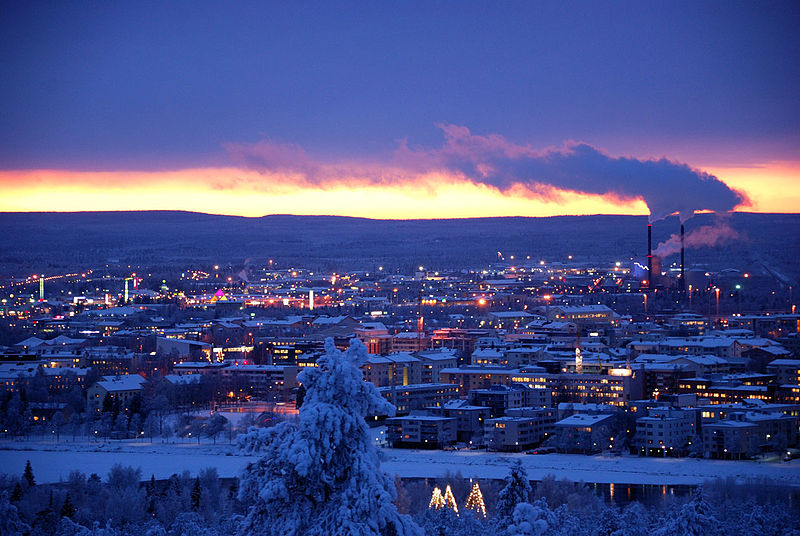The 5th Polar Law Symposium will start in Rovaniemi, Finland, on 6th of September. The two day event will bring together internationally renowned scholars from all over the world where the Arctic will be the main focus.

There are several themes for the symposium, as seen below. Previous symposia have proven to be extremely successful in promoting both scholarship and understanding of polar issues.
Their outcomes were beneficial to scholars, students and academicians, government agencies, policy makers, jurists and various stakeholders alike.
The symposium invites researchers, faculty members, young scholars, jurists, post-graduate research students, policy makers, stakeholders and others interested to submit abstracts within the scope of the below mentioned theme.
The abstract should contain no more than 200 words and should be sent to Kamrul Hossain by 31. March 2012.
The theme for the symposium is quite open. It covers a wide variety of topics relating to the Arctic and the Antarctic.
- Human rights issues, such as autonomy and self-government vs self-determination, the rights of indigenous peoples to land and natural resources and cultural rights and cultural heritage, indigenous traditional knowledge.
- Local and national governance issues.
- Environmental law, climate change,security and environment implications of climate change, protected areas and species.
- Regulatory, governance and management agreements and arrangements for marine environments, marine mammals, fisheries conservation and other biological/mineral/oil resources.
- Law of the sea, the retreating sea ice, continental shelf claims.
- Territorial claims and border disputes on both land and at sea.
- Peace and security, dispute settlement.
- Jurisdictional and other issues re the exploration, exploitation and shipping of oil, gas and minerals, bioprospecting.
- Trade law, potential shipping lines through the northwest and northeast passages, maritime law and transportation law.
- The roles and actual involvement of international organizations in the Polar regions, such as the Arctic Council, the European Union, the International Whaling Commission, the Nordic Council, the North Atlantic Treaty Organization, and the United Nations, as well as NGOs.
These include:
- Human rights issues, such as autonomy and self-government vs self-determination, the rights of indigenous peoples to land and natural resources and cultural rights and cultural heritage, indigenous traditional knowledge.
- Local and national governance issues.
- Environmental law, climate change,security and environment implications of climate change, protected areas and species.
- Regulatory, governance and management agreements and arrangements for marine environments, marine mammals, fisheries conservation and other biological/mineral/oil resources.
- Law of the sea, the retreating sea ice, continental shelf claims.
- Territorial claims and border disputes on both land and at sea.
- Peace and security, dispute settlement.
- Jurisdictional and other issues re the exploration, exploitation and shipping of oil, gas and minerals, bioprospecting.
- Trade law, potential shipping lines through the northwest and northeast passages, maritime law and transportation law.
- The roles and actual involvement of international organizations in the Polar regions, such as the Arctic Council, the European Union, the International Whaling Commission, the Nordic Council, the North Atlantic Treaty Organization, and the United Nations, as well as NGOs.
